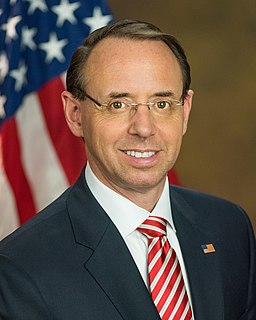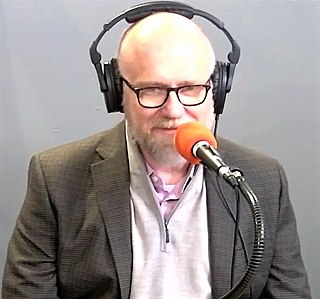A Quote by Asha Rangappa
I know firsthand that it's difficult to get a FISA warrant. From 2002 to 2005, when I was an F.B.I. agent conducting counterintelligence investigations in New York, my FISA applications went through many layers of approval and required very strong evidence.
Related Quotes
To get a FISA warrant to spy on a suspected spy, the feds go before a super-secret court located in a sealed room in the Department of Justice. With no defense lawyers present, they need only show probable cause that the target is an 'agent of a foreign power' engaged in intelligence gathering against the United States.
What we do is we combine information collected from any lawful source in a single FBI database so we don't miss a dot when we're conducting investigations in the United States. What we make sure of, though, is nobody gets to see FISA information of any kind unless they've had the appropriate training and have the appropriate oversight.
It is a little bit difficult to talk about things that do involve classified matters in public. But I think the public needs to know that there are multiple oversight layers, including the FISA Court, congressional oversight, internal oversight within the FBI and intelligence community, that protects Americans from - under - their - their privacy rights while targeting terrorists and people who are trying to kill us.






























